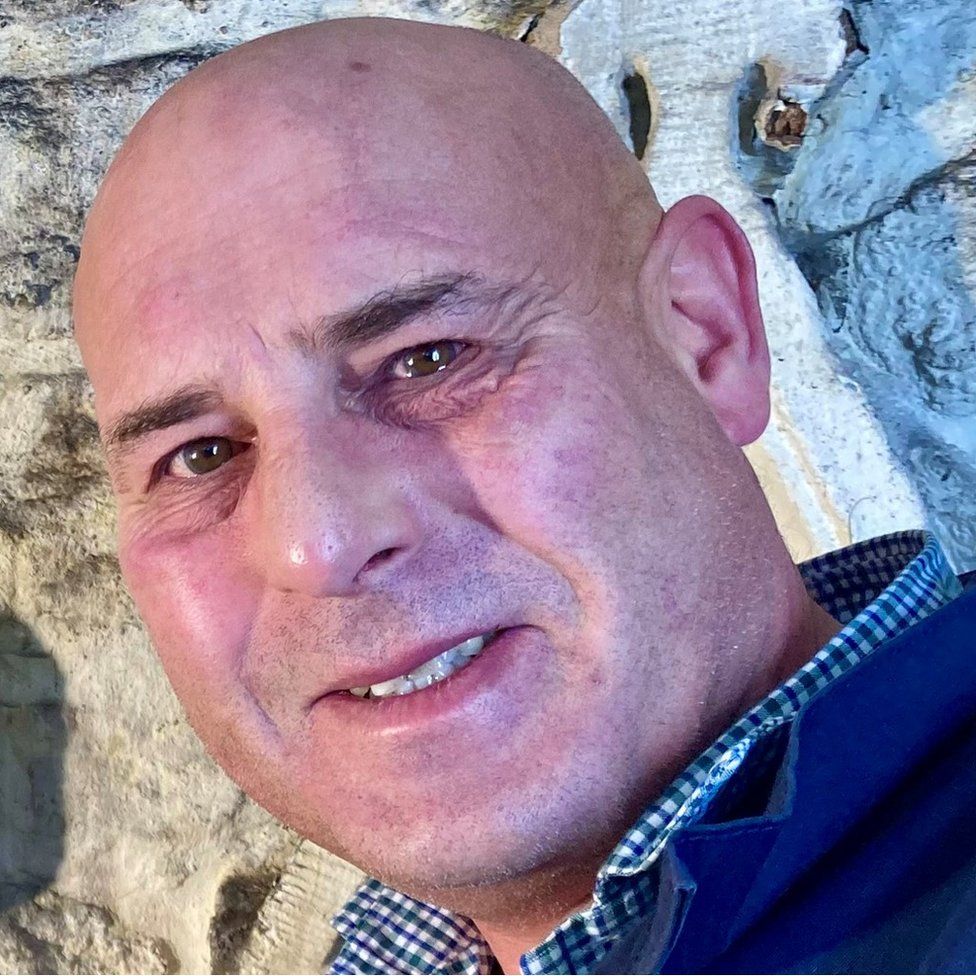-

-
-
Loading

Loading

Daren Frankish, a 53-year-old horticultural engineer from Edinburgh, has been suffering from excruciating headaches for the past 17 years. These headaches, known as cluster headaches, cause him unbearable pain, and he describes them as being hit with a baseball bat while being stabbed in the eye. Cluster headaches are considered one of the most painful conditions a person can experience. During the COVID-19 lockdown, Daren had to walk to the hospital for treatment, and at one point, he even contemplated jumping in front of a bus because of the pain. He lives in constant fear of the next attack, as they can happen at any time. The attacks typically last between 15 minutes and three hours, but Daren has endured episodes lasting up to 12 hours. They begin with shooting pains on the left side of his head above the eye, followed by a red and drooping left eye, a blocked nose, and severe head pain. Daren often screams, bangs his head against walls, or walks in darkness during an episode to cope with the pain. Recently, Daren's attacks have become more frequent and last longer, leading him to spend two nights in the hospital's A&E department. Cluster headaches are rare and affect about one in 1,000 people in the UK, or an estimated 65,000 people. Katie Martin, Brain Research UK research manager, emphasizes that cluster headaches are much more than just a headache and describes the pain as unbearable, causing sufferers to scream and bang their heads against walls. However, there is currently no cure for this condition. Daren has tried various medications, including steroids, lithium, heart medication, epilepsy tablets, and even self-administered injections during an attack. He also uses oxygen canisters to try to alleviate the pain. Despite trying different diets and eliminating smoking and alcohol, the debilitating headaches persist. Daren is now considering a nerve block injection in his head as a possible treatment option, although it carries certain risks. Cluster headaches not only impact a person's physical well-being but also affect their mental health. They are associated with a higher risk of depression and suicidal tendencies. Daren's headaches have taken a toll on his marriage and family life, contributing to his divorce and causing distress for his children. While Daren has found evidence suggesting a link between his past bouts of meningitis and his current cluster headaches, he currently has no control over when they occur. For now, Daren continues to live with these excruciating headaches and the fear of their unpredictable onset.